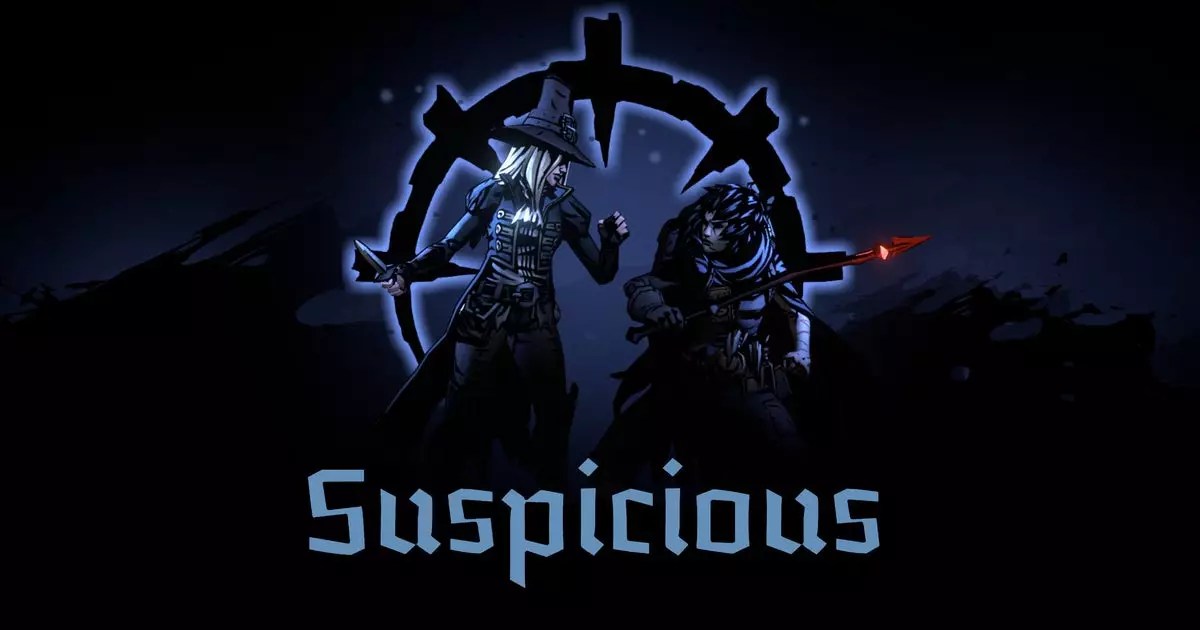The video game industry, much like any other creative field, is in a constant state of evolution. Mergers and acquisitions often bring excitement and speculation about the future of beloved titles. The recent announcement that Behaviour Interactive, the studio behind the well-known asymmetrical horror game *Dead By Daylight*, has acquired Red Hook Studios, creators of the critically acclaimed *Darkest Dungeon*, introduces a new dynamic to both companies and their fanbases. With this strategic move, Behaviour seeks to position itself firmly in the horror genre while navigating the complexities of maintaining an “independent” studio ethos.
The initial reactions to the acquisition have been mixed, with many fans expressing skepticism about what this means for Red Hook’s future. Although Behaviour asserts that Red Hook will remain independent, the definition of independence in a corporate setting often raises doubts. The gaming community, already familiar with Behaviour’s previous actions—such as substantial layoffs and studio closures—earns the right to question how much true autonomy Red Hook will enjoy under the new corporate umbrella. The crossing of paths between the two studios signifies both potential opportunity and risk, especially for a studio known for its distinct artistic vision and narrative depth.
While the announcement highlights Behaviour’s ambition of becoming synonymous with horror, some skeptics view this acquisition as potentially stifling. The message from Behaviour’s CEO Rémi Racine paints a picture of a collaborative future, but it simultaneously resurrects worries about how Behaviour has approached its other acquisitions, which involved a rather aggressive strategy around character exploitation and reimagining established horror icons. The parallels drawn between Behaviour’s style and Red Hook’s identity can evoke concern over creative dilution where the horror elements might risk becoming homogenized rather than remaining unique and impactful.
Red Hook Studios, while now aligned with Behaviour, has its sights set on broadening the *Darkest Dungeon* universe. Co-founder Chris Bourassa’s remarks highlight an intention to amplify and expand their dark fantasy offerings. Pursuing a vision of transforming *Darkest Dungeon* into a powerhouse within the genre is a bold statement, and it is one that both excites and terrifies fans who cherish the studio’s unique approach.
Yet, how the interplay between Behaviour’s resources and Red Hook’s creative vision will unfold remains to be seen. Will Behaviour simply act as a funding source for Red Hook’s projects, or will they interfere in ways that inhibit creative freedom? This kind of uncertainty can lead to a fragile balance where the more commercially-minded practices of a larger company can clash with the innovative drive of a smaller studio.
In supporting Red Hook, Behaviour appears eager to leverage their expertise and reputation. The potential for collaboration might yield fresh ideas, but it raises questions about the influence that Behaviour will exert on Red Hook’s future projects. Fans of both entities will be watching closely to see if their worst fears materialize or if Red Hook can maintain its creative integrity while benefiting from Behaviour’s support.
As the gaming community digests this information, a blend of hope and wariness looms large. While Behaviour Interactive may open new doors for Red Hook, questions about how directions will be negotiated between individual artistic vision and corporate objectives create a looming uncertainty.
Moreover, the ambitious plans for larger expansions and potential adaptations into different formats (like the board game version of *Darkest Dungeon 2*) serve as a crucial point of interest. If the partnership allows Red Hook to expand its world without compromising core principles, it could distinguish this acquisition as a success story in the industry. However, industry veterans know redemption is not guaranteed.
In sum, Behaviour Interactive’s newly formed relationship with Red Hook Studios could either lead to a groundbreaking era for horror gaming or challenge the integrity of what has been one of the genre’s most distinct voices. Only time will reveal the true implications of this acquisition and how it may redefine horror in interactive entertainment, but both the gaming industry and players worldwide remain on the edge of their seats.


Leave a Reply